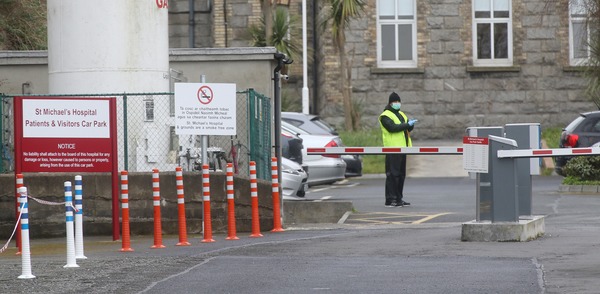In my article last week, I described the framework in the NHS to manage the response to the coronavirus pandemic and the incident levels. I also suggested that in the UK, the Covid-19 pandemic is likely to start at ‘level 1’ response due to slight increases in capacity demand. I questioned that, if more cases of person-to-person transmission are confirmed in Ireland, are our ministers, given the well-known capacity issues in our health system, likely go straight to an alert level 3? I have to say I was very proud and very relived as a health professional and an Irish…
Cancel at any time. Are you already a member? Log in here.
Want to read the full story?
Unlock this article – and everything else on The Currency – with an annual membership and receive a free Samsonite Upscape suitcase, retailing at €235, delivered to your door.

